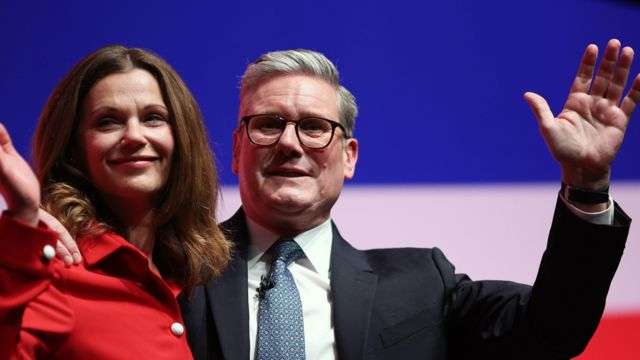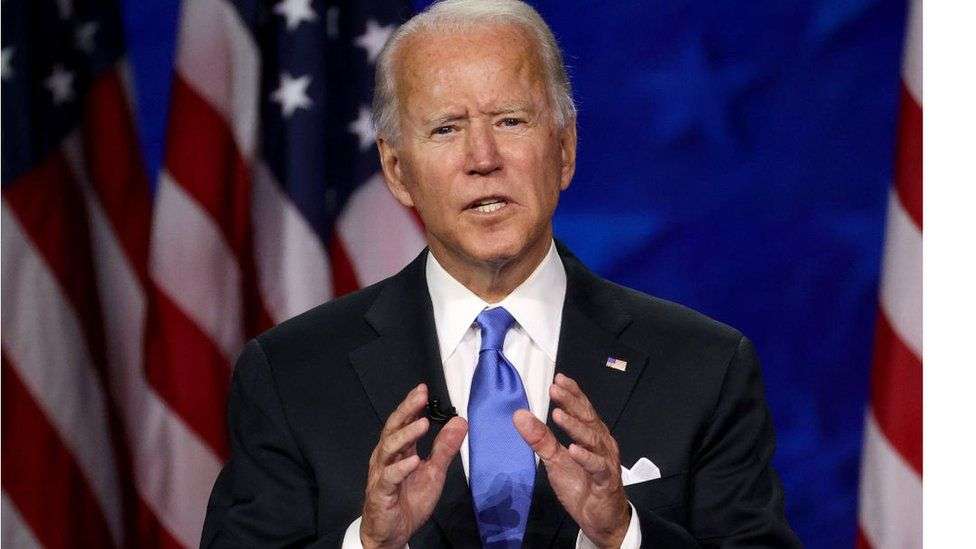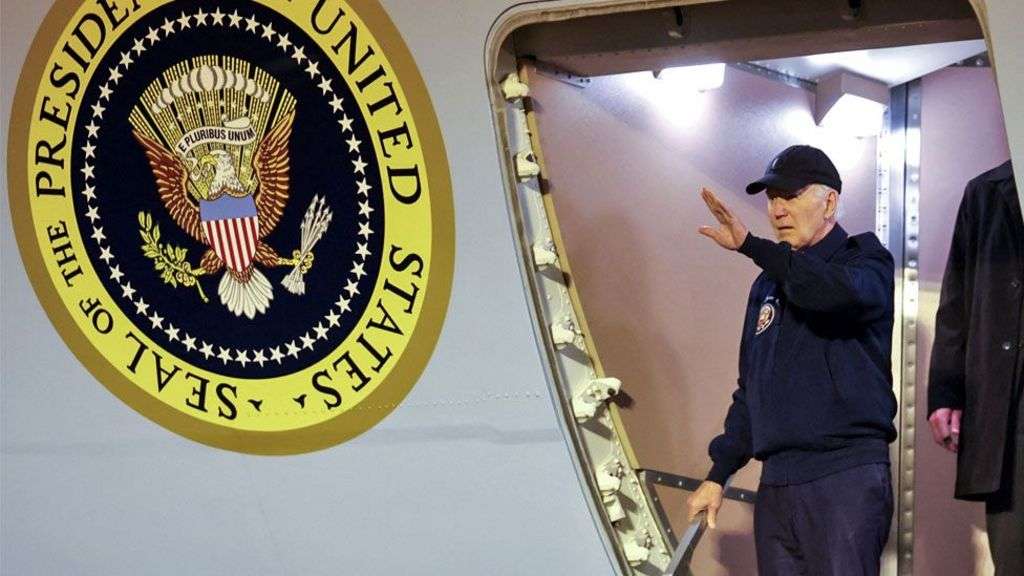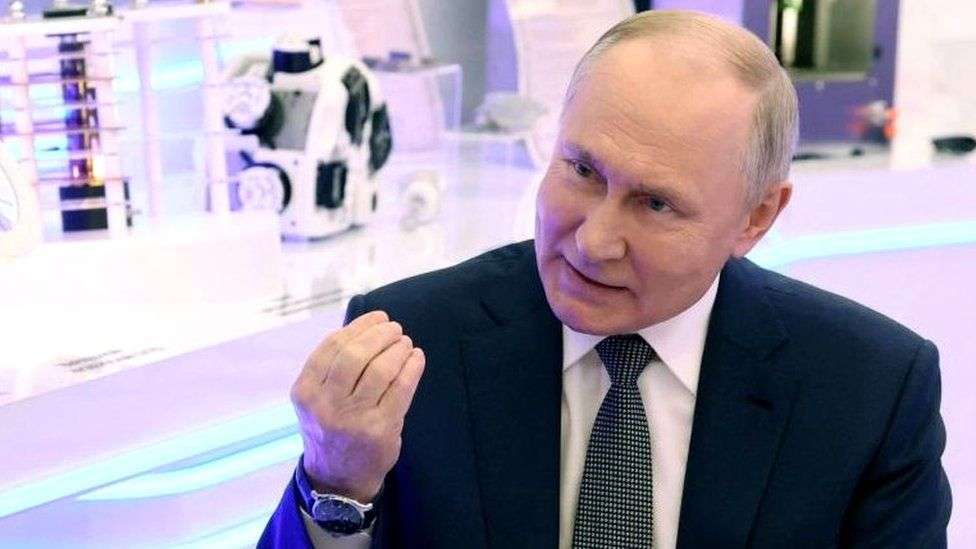Sir Keir Starmer has said he would not offer "easy answers" or "false hope" but promised a Britain "built to last" in his first speech to the Labour Party conference as prime minister.
He said Labour would deliver the "national renewal" the country wanted but warned it would involve some "trade-offs", such as new prisons and electricity pylons near homes.
He also acknowledged concerns about cuts to winter fuel payments but said "stabilising our economy is the first step of this long-term plan".
The 54 minute speech also included a promise of homes for all military veterans who need them and to introduce a Hillsborough Law imposing a duty of candour on local authorities and civil servants.
The keynote address in Liverpool comes three months after Labour's landslide general election victory.
With the government already focused on delivering its manifesto promises, the speech contained few new policies.
Instead, Sir Keir focused on long-term reforms, which he argued had been dodged by his Conservative predecessors - including on housebuilding and energy.
He did not repeat his rhetoric from last month about a “painful” Budget, insisting there would be “light at the end of the tunnel”.
But he said he wanted to be straight with people about the challenges the county faces.
"If you bury your head because things are difficult, your country goes backwards," he told Labour delegates.
"So if we want justice to be served some communities must live close to new prisons.
"If we want to maintain support for the welfare state, then we will legislate to stop benefit fraud.
"If we want cheaper electricity, we need new pylons overground otherwise the burden on taxpayers is too much."
One policy announced by Sir Keir was a confirmation that the headquarters of GB Energy would be in Aberdeen.
He also promised that care leavers, victims of domestic abuse and veterans would get a "guaranteed roof over their head".
Housing charity Shelter said changing the eligibility rules for social housing would not address the shortage of homes available.
The PM also announced reforms to the apprenticeship system, which he said was a “first step” in a plan to eradicate youth unemployment entirely.
The BBC's economics editor Faisal Islam said the target sounds ambitious and expensive, echoing Gordon Brown’s future jobs fund from the financial crisis.
The PM also addressed the summer riots triggered by the Southport knife attack.
He denounced the violence as “thuggery” and said people who were concerned about immigration should not be confused with those who “smashed up businesses” and “attempted to burn refugees”.
He said the government wanted to reduce "both net migration and our economic dependency upon it” but added: “The debate is not about the worth of migrants – that is toxic and we must move beyond it."
There was room for an awkward moment when, during a section of the speech on the Middle East, Sir Keir called for the return of sausages rather than hostages.
He also said there should be de-escalation between Lebanon and Israel, an immediate ceasefire in Gaza and a two-state solution.
A pro-Palestine heckler briefly interrupted the speech. In response, Sir Keir said: “This guy's obviously got a pass to the 2019 conference” a reference to the last time Jeremy Corbyn was leader.
“While he’s been protesting, we’ve been changing the party," Sir Keir added.
He did not address criticisms he has faced in recent weeks about donations and tensions within his government.
But he told the crowd criticism - including "the politics of noisy performance, the weak and cowardly fantasy of populism" - was "water off a duck's back" to him.
And he sought to make a virtue of his lack of showmanship, saying the country needed “stability, moderation and common sense”.
Most of Labour's trade union backers praised Sir Keir's speech, with Unison chair Christina McAnea saying the government had "the commitment, vision and ability to repair and revitalise every part of society".
But Unite General Secretary Sharon Graham said she thought the prime minister "could have done better" and reiterated her criticism of cuts to the winter fuel payment.
Liberal Democrat deputy leader Daisy Cooper said millions of pensioners would be "left disappointed" that the prime minister had not U-turned on the cuts.








